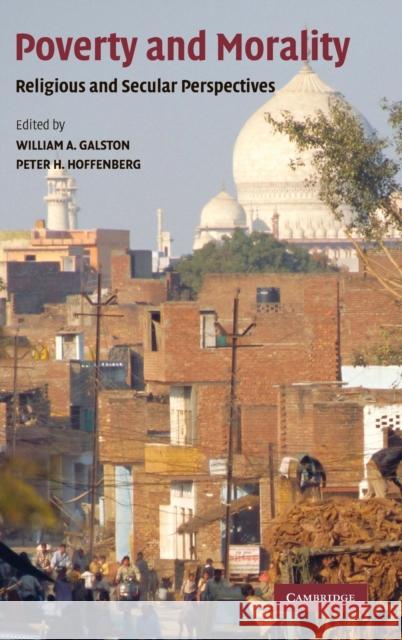Poverty and Morality: Religious and Secular Perspectives » książka
Poverty and Morality: Religious and Secular Perspectives
ISBN-13: 9780521763745 / Angielski / Twarda / 2010 / 328 str.
This multiauthored book explores how many influential ethical traditions secular and religious, Western and non-Western wrestle with the moral dimensions of poverty and the needs of the poor. These traditions include Buddhism, Christianity, Confucianism, Hinduism, Islam, and Judaism, among the religious perspectives; classical liberalism, feminism, liberal-egalitarianism, and Marxism, among the secular; and natural law, which might be claimed by both. The basic questions addressed by each of these traditions are linked to several overarching themes: what poverty is, the particular vulnerabilities of high-risk groups, responsibility for the occurrence of poverty, preferred remedies, how responsibility for its alleviation is distributed, and priorities in the delivery of assistance. These essays are preceded by a background chapter on the types, scope, and causes of poverty in the modern world and some contemporary strategies for eliminating it. The volume concludes with Michael Walzer s broadly conceived commentary, which provides a direct comparison of the presented views and makes suggestions for further study and policy."











